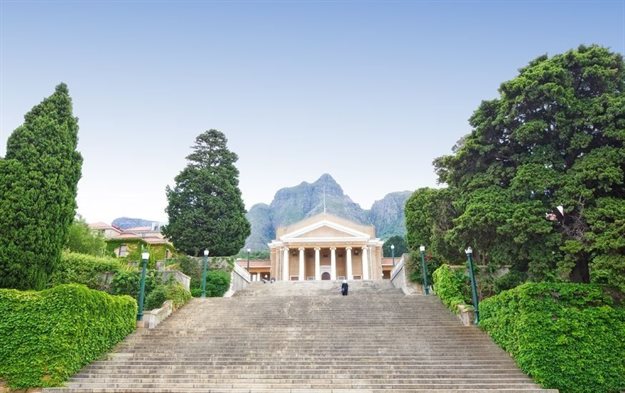
Top stories






More news

Marketing & Media
Ads are coming to AI. Does that really have to be such a bad thing?















Higher Education, Science and Technology Minister, Dr Blade Nzimande, made this announcement following a meeting with stakeholders, as part of South Africa’s bid to combat the spread of Coronavirus (Covid-19).
Nzimande met with the stakeholders in the post school education sector, including amongst others the Universities South Africa (USAf), the South African College Principals Organisation (SACPO), the South African Union of Students (SAUS), and labour unions (National Education Health and Allied Workers' Union, Public Servants Association of South Africa and National Tertiary Education Union) in Tshwane on Tuesday.
The meeting formed part of government’s consultations following President Cyril Ramaphosa’s announcement on measures to combat the Covid-19 pandemic.
Announcing the outcome of the meeting at a media briefing, Nzimande said stakeholders have agreed that all post-school institutions will close for early recess with effect from 18 March 2020 and reopen on 15 April 2020.
This would be based on the assessment of the course of the virus.
“Some aspects of institutional activities will continue during this period, such as postgraduate and research work. Institutions will, however, be utilising this break period to identify and explore digital and online methodologies for teaching and learning that may need to be put in place to support the academic programme at a later stage.”
“This may be particularly important for contact teaching in a range of programmes at the majority of our colleges and universities. The decision by institutions will be based on scientific evidence and institutional considerations,” Nzimande said.
Institutional arrangements will also include accommodation arrangements for students and leave arrangements for workers.
It was also agreed that all institutions will announce further measures to be taken to minimise the risks to both department staff and its entities.
Nzimande emphasised that the early recess is not a shutdown, adding that the department continues to be led by guidelines that took place as from Monday.
The following guidelines apply to all public post-school institutions with immediate effect:
Nzimande said that the department will also ensure that regular communication channels with the management of institutions is in place, so that information can be cascaded to institutional communities.
“Every institution has its own context, which will require individual communication plans to be in place. Student health clinics across post-school institutions have been working with Higher Health (Higher Education and Training Health, Wellness and Development Centre) to ensure readiness to deal with Covid-19 infections.”
Higher Health works closely with the Department of Health and the National Institute for Communicable Diseases (NICD) in this regard.
“It is important that student health services are closely involved in the communications strategies and plans of individual institutions,” the Minister said.
In addition, Higher Health has developed sector specific guidelines and capacity development initiatives for Covid-19.
Nzimande noted that no international student has been diagnosed with Covid-19. To date, about 1,500 South African students are currently studying in China.
SAnews.gov.za is a South African government news service, published by the Government Communication and Information System (GCIS). SAnews.gov.za (formerly BuaNews) was established to provide quick and easy access to articles and feature stories aimed at keeping the public informed about the implementation of government mandates.
Go to: http://www.sanews.gov.za